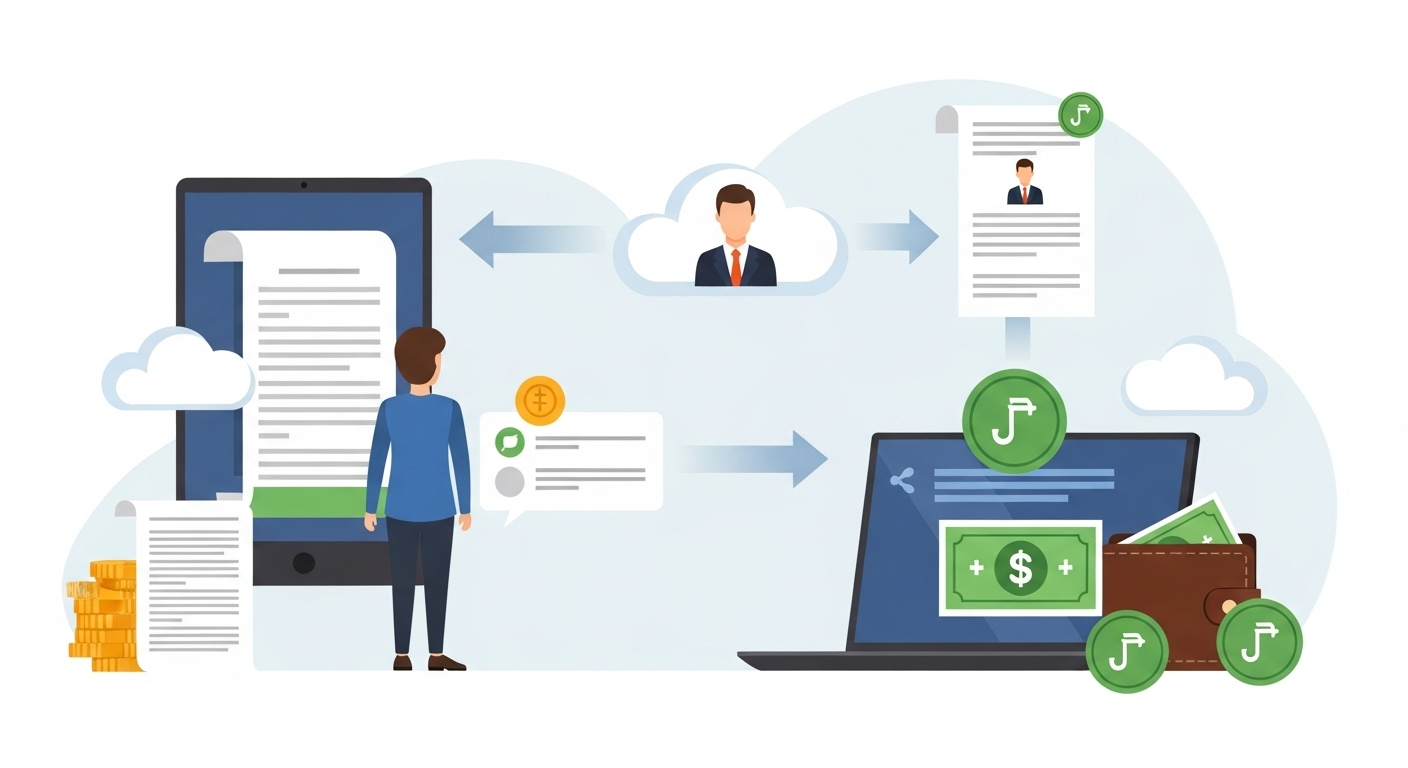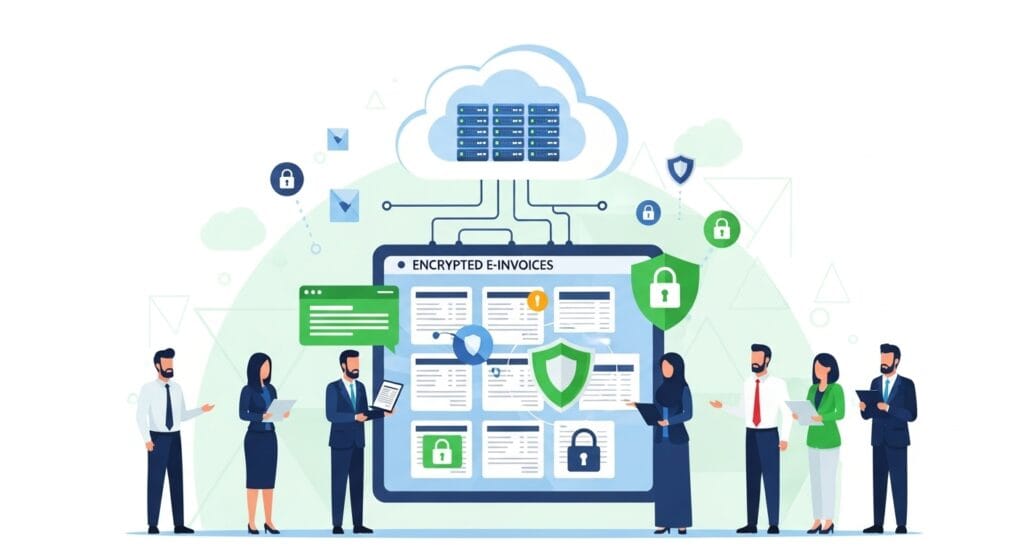In today’s world, e-payment processes have become a fundamental pillar in facilitating financial transactions within businesses. With the growing reliance on technology, e-invoicing has become an essential tool to improve these processes, offering several benefits that contribute to speeding up procedures and reducing costs associated with payments.
Defining E-Payment and Its Importance for Businesses
What is E-Payment
E-payment refers to the process of paying money using digital means such as credit cards, online bank transfers, or e-payment systems like PayPal and Apple Pay. This system allows businesses and customers to conduct financial transactions quickly and securely.
How E-Payment Contributes to Improving Efficiency and Reducing Costs
E-payment enhances transaction speed and reduces human errors that may occur with traditional payment methods. It also helps reduce the costs associated with manual procedures like checks or cash transactions.
The Role of E-Invoicing in Facilitating E-Payment
Improving the Accuracy of Financial Information
Switching to e-invoicing means that financial data will be recorded accurately and organized, reducing human errors and increasing transparency in financial processes.
Speeding Up Payment Procedures
E-invoicing helps accelerate payments by sending invoices instantly to customers, reducing delays that may occur with paper invoices.
Enhancing Security and Reducing Risks
By using e-invoicing, businesses can ensure that payments are processed securely and in an organized manner. E-payment also helps reduce risks associated with invoice fraud or manipulation of payments.
How E-Invoicing Enhances Customer Experience
E-invoicing offers customers a seamless and fast payment experience, contributing to overall customer satisfaction. Additionally, e-invoices provide customers with multiple payment options, such as online payments or mobile payment systems, offering them flexibility and convenience.
Compliance with Tax Regulations and the Role of E-Invoicing in That
E-Invoicing as a Key to Compliance with Saudi Tax Laws
In Saudi Arabia, tax regulations require the use of electronic invoices to ensure transparency in commercial transactions. By adopting e-invoicing, companies comply with tax regulations and facilitate the process of adhering to Zakat, Tax, and Customs Authority guidelines.
How E-Payment Contributes to Simplifying Tax Compliance
By integrating e-invoicing and e-payment, businesses can easily track financial transactions, helping them ensure tax compliance and meet local regulations.
Conclusion
E-invoicing plays a crucial role in improving e-payment processes within businesses by accelerating procedures, enhancing security, and improving the accuracy of financial data. It also contributes to improving customer experience and facilitating compliance with Saudi tax laws.
Start today with Daysum to enhance your business e-payment system using integrated e-invoicing solutions.




